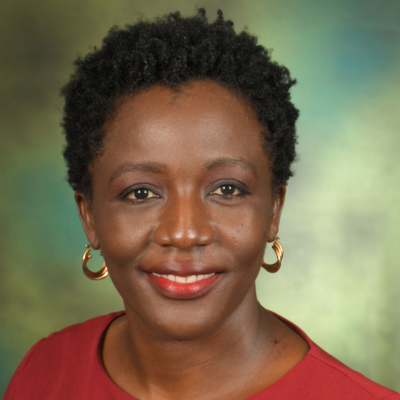Evelyne Opondo, Africa Director at the International Center for Research on Women, offers over two decades of expertise in human rights, reproductive and gender justice advocacy and international development leadership. Evelyne is an experienced strategist, who collaborates with policy makers, activists, private sector actors and researchers across the globe to promote women’s rights. Previously, as Senior Regional Director for Africa at the Center for Reproductive Rights, she successfully devised and implemented strategies, significantly contributing to improved reproductive justice landscape in Africa. Evelyne's impactful contributions also include her role as Africa Policy Associate at Ipas where she advanced reproductive justice in several African countries and with specific African Union organs. Evelyne has also worked at the Federation of Women Lawyers Kenya and at State Law Office where she advocated for women’s rights. She has written several opinion and issue-oriented articles on women's rights. She holds a law degree from Pune University, and a master's in Gender and Development from the University of Nairobi. Evelyne is an alumnae of WomenLift Health’s East Africa leadership journey- a program that provides the tools, mentorship, and coaching support to help expand the power and influence of women leaders in global health. She is also a member of Kenya’s Family Planning Total Market Approach Implementation Taskforce and actively serves on boards including FP2030 and the Reproductive Health Network – Kenya, reflecting her commitment to advancing reproductive justice. In 2024, she was selected to serve as a member of the WomenLift Health Program Advisory Team for East Africa Thematic leadership Journey in Family Planning and Contraceptive Access.

